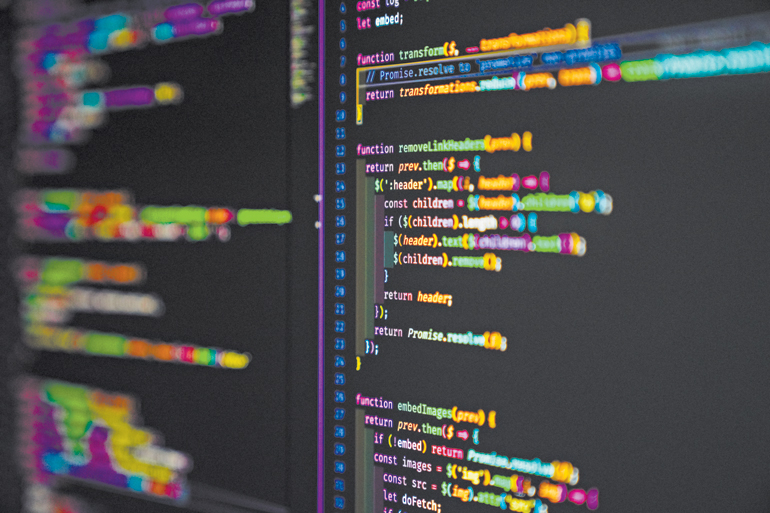Shielding businesses in the digital landscape

As the digital landscape expands, the amount of data being created, managed, and stored is growing exponentially, and they are forging connections within the business ecosystem. While the digital space is increasingly valuable to businesses, it is not always a safe environment and it can still make users vulnerable to attacks.
Recently, the prevalence of cyberattacks has continued to rise, and it is far from slowing down. It is thus important to strengthen the digital infrastructure of businesses through cybersecurity.
Cyberattacks are malicious attacks to gain unauthorized access to information from a device, system, or computer network. These attacks come in different forms, such as malware, phishing, man-in-the-middle attacks, denial-of-service attacks, and password attacks.
A report published by professional solution services firm PricewaterhouseCoopers (PwC) this year hints that due to the rising cyberattacks, cybersecurity remains as the most important tool businesses can leverage in mitigating the risks in the digital landscape, with 48% of respondents saying they are increasing cybersecurity and data privacy investments.
However, there are many ways for businesses to protect themselves from such attacks, including antivirus software, firewalls, and network security, among others. According to an article by global management consulting firm, McKinsey & Company, cybersecurity is a booming industry, with investments in information security amounting to over $188 million this year.
Through strengthened data privacy and consumer confidence in cybersecurity, businesses see this as an opportunity rather than an obstacle. McKinsey added that companies that build digital trust with digital technologies, data, and artificial intelligence (AI) are the key to meeting consumer expectations, as well as helping businesses grow by 10%.
“A majority of consumers believe that the companies they do business with provide the foundational elements of digital trust, which we define as confidence in an organization to protect consumer data, enact effective cybersecurity, offer trustworthy AI-powered products and services, and provide transparency around AI and data usage,” McKinsey & Company said.
Moreover, a report by professional services firm Deloitte showed that the adoption of new technologies is essential for business management and development. In recent years, newer and more advanced cybersecurity measures have been integrated and prioritized by most companies. Among them are cloud computing, data analytics, and the use of generative AI.

For businesses, cybersecurity strategies have become more important than ever. Deloitte’s report highlighted that looking into cybersecurity also means looking beyond IT in order to understand the strategic importance of cybersecurity and how it affects business strategy.
With this, many companies have partnered with cybersecurity organizations that follow a global, centralized, and consolidated model. In Deloitte’s 2023 Cybersecurity for Financial Services survey, 61% are using the global, centralized, and consolidated model as their cybersecurity operating model.
The global model means that the cybersecurity organization covers all of the companies’ geographic locations. The centralized model, meanwhile, means that one cybersecurity organization serves all business lines, and establishes rules and regulations for businesses to follow. The consolidated model is where the organization looks at everything related to cybersecurity, from the technology to the impact on businesses, risks, and talent.
Deloitte’s research added that as cybersecurity becomes more crucial to companies, they are also paying more attention to how cybersecurity will help in terms of risk management. Today, companies are spending almost as much on cybersecurity as they are on new digital investments because knowing how to handle the risks once it has been identified is also a crucial step in ensuring protection against attacks that can harm businesses in any way.
For big and small businesses, cybersecurity can be their weapon not only in protecting the business but also customers from any harm, regardless of the industry.
“More and more, the perception of cybersecurity as strictly an IT function has changed. It is a strategic part of the daily business of an organization. But to be effective, it has to be driven by senior management. Good governance and leadership at the top of the organization are necessary to establish a corporate culture of cybersecurity and privacy, and protect the firm as well as its customers,” Koen Maris, cybersecurity leader at PwC Luxembourg, said.
“Cybercriminals are species that evolve all the time. Technology is changing all the time. And hackers change with it. Good leadership means never resting on the solutions that keep you protected today, but constantly preparing for what hackers will do tomorrow,” he added. — Angela Kiara S. Brillantes



